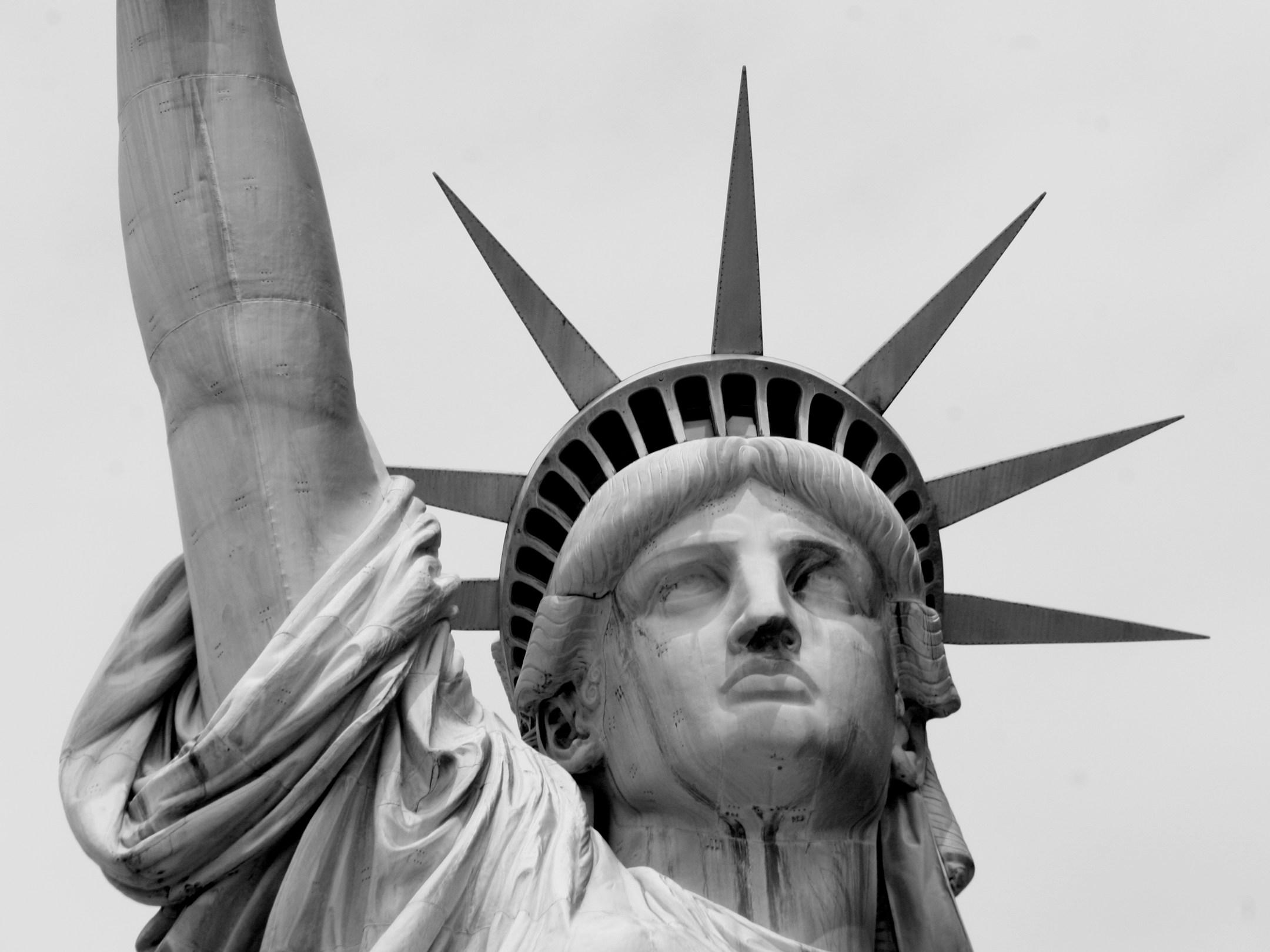
Immigrating to the United States is a dream for many around the world, but the process can be stressful and convoluted. From understanding the different types of visas to navigating the interview process, aspiring immigrants often have numerous questions. Continue reading as our team at Visa Consultation answers some of the most frequently asked questions about immigration and the U.S. visa approval rate.
What Types of Visas Are Available?
Immigrant Visas: These visas are for individuals who plan to live permanently in the U.S. They include family-sponsored visas, employment-based visas, and the Diversity Visa Lottery.
Non-Immigrant Visas: These are for temporary stays. Common types include tourist visas (B-2), business visas (B-1), student visas (F-1), and work visas (H-1B). Each visa type has specific requirements and conditions.
How Do I Apply for a Visa?
- Determine the Type of Visa You Need: This depends on the purpose of your visit.
- Complete the DS-160 Form: This online form is required for most non-immigrant visas.
- Pay the Visa Application Fee: The fee varies based on the type of visa.
- Schedule an Interview: This is required for most visa applicants between the ages of 14 and 79.
- Gather Required Documents: These typically include your passport, visa application confirmation page, and any supporting documents that substantiate your application.
- Attend the Visa Interview: Be prepared to answer questions about your travel plans and background.
What Is the U.S. Visa Approval Rate?
The U.S. visa approval rate varies depending on the type of visa and the applicant's country of origin. For example, the approval rate for tourist visas can be significantly different from that for student or work visas.
According to recent statistics, the overall approval rate for B-1/B-2 visas (tourist and business) fluctuates annually but generally hovers around 70-75%. Student visas (F-1) have a relatively high approval rate, often exceeding 80%. However, approval rates can be lower for applicants from certain countries due to stricter scrutiny and additional requirements.
Why Might a Visa Application Be Denied?
- Incomplete or Inaccurate Application: Errors or omissions in the DS-160 form or supporting documents.
- Lack of Strong Ties to Home Country: For non-immigrant visas, applicants must prove they have strong reasons to return home.
- Insufficient Financial Resources: Applicants must demonstrate they can support themselves financially during their stay.
- Previous Visa Refusals or Violations: A history of visa refusals or violations can negatively impact your application.
- Security Concerns: Any issues that raise security or public safety concerns.
How Can I Increase My Chances of Approval?
- Prepare Thoroughly: Ensure all forms are filled out correctly and completely. Gather all required documents.
- Demonstrate Strong Ties to Your Home Country: Provide evidence such as employment, property ownership, or family ties that show you intend to return home.
- Provide Clear Financial Evidence: Show that you have the funds to cover your stay in the U.S.
- Be Honest: Provide truthful information. Consular officers are trained to detect inconsistencies.
- Practice for the Interview: Be prepared to answer questions clearly and confidently.
Should I Hire a Visa Consultant?
While it’s not mandatory to hire a visa consultant, doing so can be beneficial, especially for complicated cases. A consultant can provide expert advice, help you prepare your documents, and conduct mock interviews to ensure you are well-prepared. Their insights can be invaluable, particularly if you have faced previous visa refusals or have a complex case.
What Happens After the Visa Interview?
After your interview, your application may require additional administrative processing, which can take several weeks. If your visa is approved, your passport will be returned with the visa stamped inside. Otherwise, a consular officer will provide you with further instructions.
Do you need help navigating the U.S. visa application process? Book a consultation with us today.







